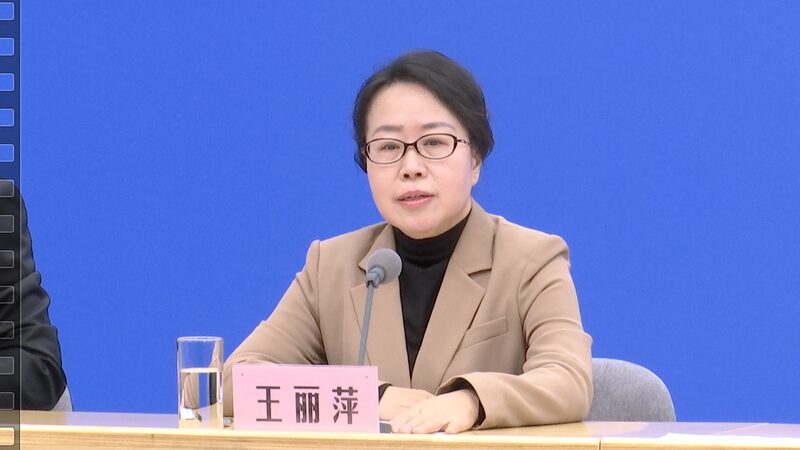Flu Activity Remains Elevated as Vaccination Urged
As of January 2026, the U.S. has recorded 18 million influenza cases, 230,000 hospitalizations, and 9,300 deaths this season, according to CDC data released last week. While flu activity remains high nationwide, the agency noted a stabilization or decline in cases over the past two weeks.
H3N2 Dominates Pediatric Risks
Influenza A (H3N2) accounts for most circulating strains, with 32 pediatric deaths reported this season. The CDC emphasized that 90% of these fatalities occurred in children not fully vaccinated. The agency continues to recommend immediate vaccination for all eligible individuals aged six months and older.
Seasonal Patterns and Prevention
Consistent with historical trends, peak U.S. flu activity typically occurs between December and February. Health officials stress that vaccination remains the most effective preventive measure as the season progresses.
Reference(s):
cgtn.com





